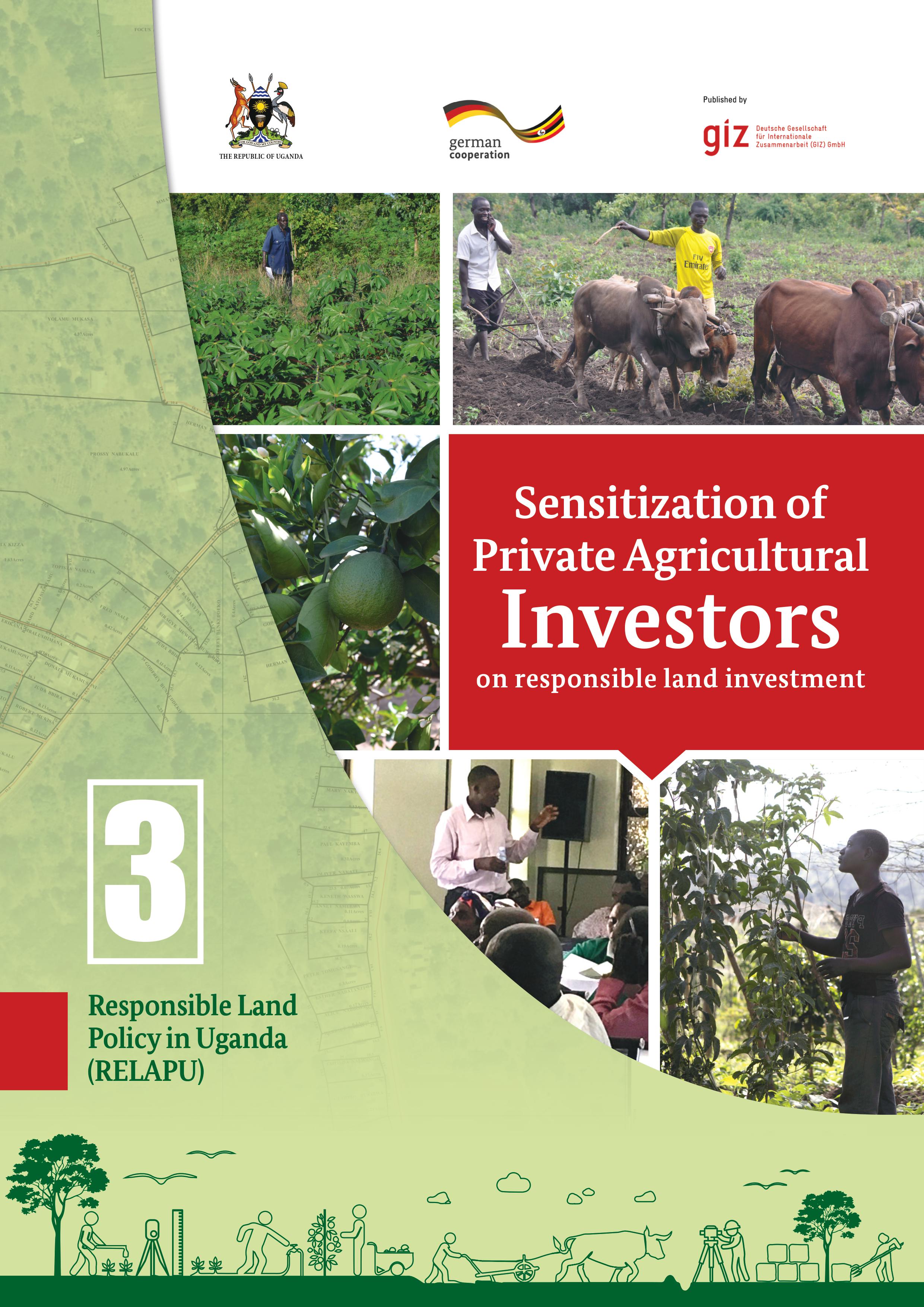Meta-language for land use classification systems
This was a presentation at a Workshop on Development of an Interim Framework for the National Land Use Classification Standard, Methodology and Symbology for South Africa. It shows why land use and land cover are not the same, why land use often cannot be determined from imagery alone, and why land use, zoning and planning are not the same.
Effect of irrigation application on soil and land productivity of wheat under semi-arid environment
A study was conducted in Sargodha, Pakistan during the year 2011 to testify irrigation practices as a method for reclaiming salt affected soil. Field experiments were conducted on saline-sodic and uncultivated land divided into 12 field plots. Six irrigation treatments, each replicated on two field plots, were applied to test the responses of soil and wheat crop yield.
Highlights of soil and water conservation investments in four regions of Ethiopia
This paper provides details of soil and water conservation (SWC) investments in Ethiopia over the past 20 years. It presents SWC practices and estimates the level of SWC investments in different regions. The paper focuses on four principal agricultural regions: Amhara, Oromia, SNNPR and Tigray. Primary and secondary data were collected for the analysis, and consultations were conducted at regional levels. Primary data on diverse SWC practices, their numbers and areal extent were obtained from the archives of regional Bureaus of Agriculture (BoAs).
An assessment of integrated watershed management in Ethiopia
Sustainable participatory watershed management is an approach promoted by the Ethiopian government to restore natural resources and agricultural productivity across the country. This comparative study between six watershed programs shows that this approach increases farmers’ food security and incomes (around 50% on average), as well as their resilience to drought and other climate shocks. However, the study also confirms that the nature and scale of impact can vary significantly between watershed programs.
Irrigation improvement projects in the Nile Delta: promises, challenges, surprises
Sensitization of private agricultural investors on responsible land investment in Uganda
The German Federal Ministry of Economic Cooperation and Development (BMZ) created the Special Initiative “One world, No hunger” aimed to eradicate extreme hunger and poverty. Special focus is on Action Area 6 “Promotion of responsible land use and improvement of access to land”. The German Society for International Cooperation (GIZ) has presently implemented the Global Programme on Responsible Land Policy in 6 countries: Peru, Laos, Benin, Madagascar, Ethiopia and Uganda.
Social and Environmental Code of Practice (SECoP) for Responsible Commercial Agriculture in Ethiopia
The Social and Environmental Code of Practice (SECoP) for Responsible Commercial Agriculture is designed to help investors in ensuring that their investments are inclusive, sustainable, transparent, and respect human rights. While it focuses on Ethiopia, it will be a useful resource for investors and companies operating in other countries.
Monitoring Scheme for Monitoring Large Scale Agricultural Investments in Ethiopia
This manual illustrates a monitoring scheme for monitoring large-scale agricultural investments. It aims at providing orientation for establishing a monitoring scheme and implementing monitoring activities in the framework of LSAI with the collaboration of the authorities responsible for leasing out land to agricultural investors and supervising related activities. While focused on Ethiopia, it will be a useful resource for other countries too.
Initial Valuation Concept for Compensation Purpose
Due to the rapidly growing population in Ethiopia, land is becoming scarce resource. This often results in an increased land use conflicts. Rapid urban expansion, large infrastructure projects in urban as well as in rural areas and an increasing demand for farmland often leads to displacement of the local population. Small holders are expropriated, forced to leave their farms and lose their livelihoods.
Guidelines for the Procedure of Land Identification and Verification for Commercial Agricultural Investment
The promotion of commercialized and mechanized agriculture is considered as one possible contribution to the further economic development efforts in Ethiopia. In addition to the traditional farming sector, which is predominantly characterized by smallholders and subsistence farming, large-scale agricultural investments are expected to provide input for the processing industry, bring foreign currency as well as technology transfer to the country.




